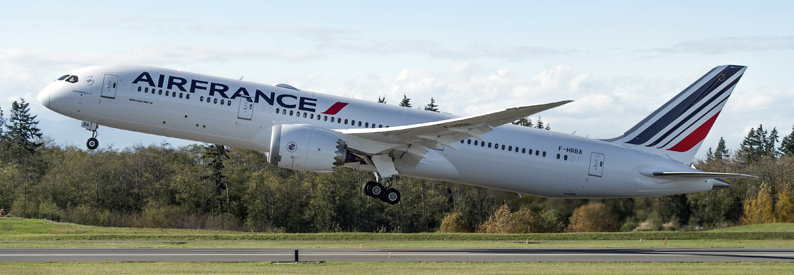
In a pioneering collaboration that marries aviation and medical innovation, a donor heart was transported across the Atlantic Ocean on an Air France flight, setting a new precedent in organ transplants. This groundbreaking journey, made possible by XVIVO’s Heart Assist Transport technology, involved carrying the heart of a 48-year-old man from the French West Indies to Paris, despite the challenge of severe turbulence during the flight.
The remarkable operation culminated in a successful heart transplant at Pitié-Salpêtrière Hospital, Sorbonne University in Paris, in January 2024, offering a new lease on life to a 70-year-old patient in terminal condition. XVIVO’s state-of-the-art perfusion device and proprietary solution maintained the heart in a viable state by pumping it with oxygenated fluid throughout the over 12-hour journey outside the body, spanning 3,659 nautical miles.
Traditionally, donor hearts have been transported via private jets, a practice that incurs significant costs. However, this event demonstrates the viability of using commercial flights for organ transports, potentially making life-saving transplants more accessible and cost-effective. This is particularly significant for patients in the French West Indies, who would otherwise need to travel to Paris for transplant procedures.
This transplantation is part of the PEGASE trial, led by Pitié-Salpêtrière Hospital, which explores the feasibility and safety of preserving donor hearts during extended transport times through hypothermic, oxygenated perfusion (HOPE). Professor Guillaume Lebreton, the trial’s principal investigator and a transplant surgeon at the hospital, hailed the transplant as a “monumental breakthrough” in the field. He emphasized the technology’s potential to utilize previously unused donor hearts and transport them over vast distances, thereby improving the efficiency and outcomes of heart transplants.
Lebreton also pointed out the striking condition of the donor heart after more than 12 hours of transport, which remained soft and viable, contrasting sharply with the often stiffer condition of hearts transported on ice.
The successful recovery of the 70-year-old recipient, who has since returned home, underscores the transformative potential of XVIVO’s technology. Christoffer Rosenblad, CEO of XVIVO, reflected on the achievement, stating that it represents a significant stride towards the company’s vision that “nobody should die waiting for a new organ.”
This historic feat not only showcases the advancements in medical technology and its integration with commercial aviation but also paves the way for redefining organ transplant logistics worldwide.
Sources: AirGuide Business airguide.info, bing.com, aerotime.aero







